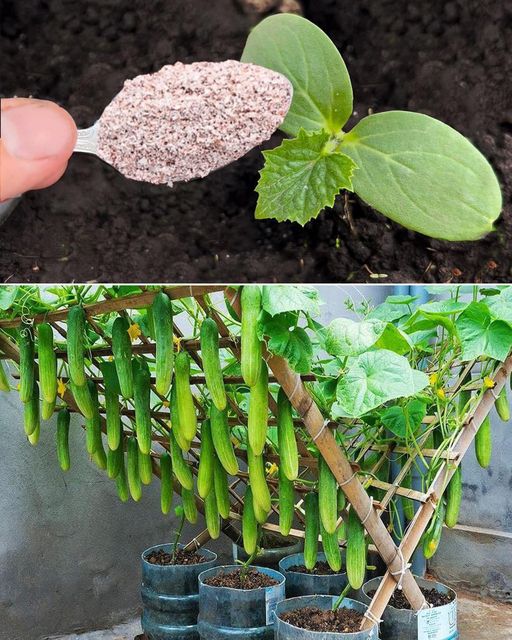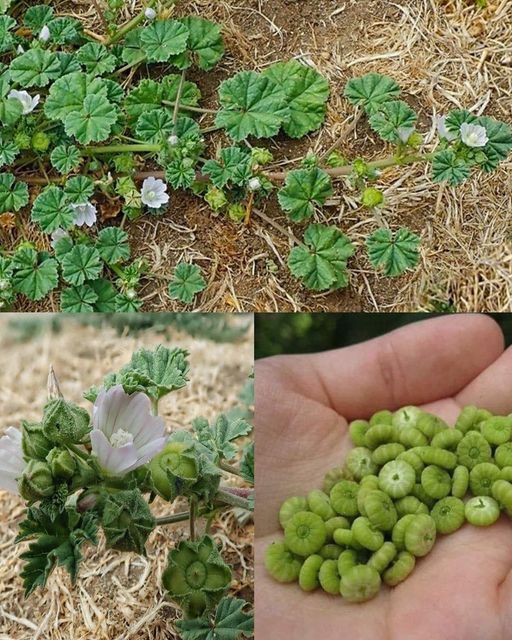As gardening enthusiasts, we all dream of having a bountiful cucumber harvest. Imagine picking fresh, crunchy cucumbers right from your garden whenever you want. Well, here’s a secret – you can double your cucumber yield with natural fertilizers! In this guide, we will explore the best organic fertilizers and techniques to help your cucumber plants thrive and produce an abundance of this refreshing vegetable.
1. The Magic of Organic Fertilizers
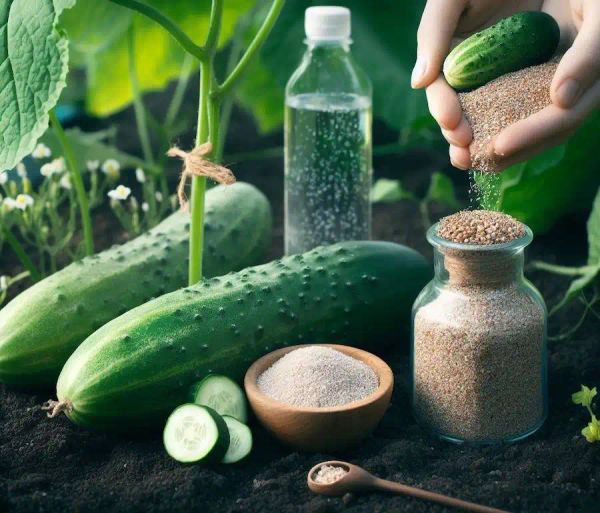
Using natural fertilizers not only promotes healthy plant growth but also enriches the soil with essential nutrients. Unlike synthetic alternatives, organic fertilizers improve soil structure, encourage beneficial microorganisms, and reduce the risk of chemical runoff.
2. Compost: The Gardener’s Gold
Compost is a gardener’s secret weapon. It is rich in nutrients and enhances soil fertility and water retention. By incorporating compost into your cucumber beds, you provide a steady supply of nutrients throughout the growing season. The result? Vigorous plant growth and increased cucumber production.
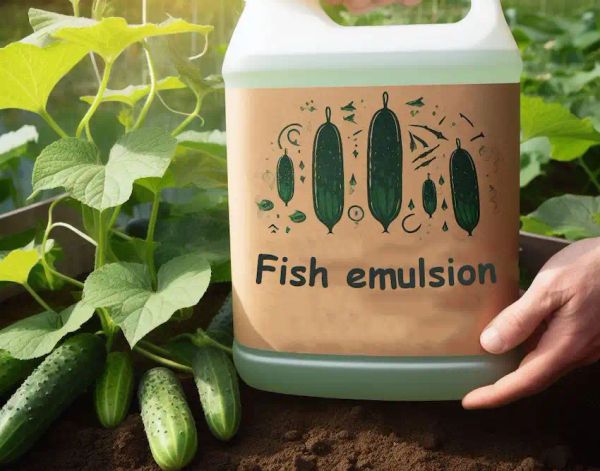
3. Worm Castings: Nature’s Nutrient-Rich Boost
Worm castings, also known as vermicompost, are a nutrient powerhouse for cucumber plants. They are packed with essential minerals and beneficial microorganisms that enrich the soil and promote robust root development. Mixing worm castings into your garden soil or using them as a top dressing can significantly improve cucumber yields.

4. Fish Emulsion: A Natural Nitrogen Source
Fish emulsion is a fantastic source of nitrogen, an essential nutrient for cucumber growth. Nitrogen-rich fertilizers encourage lush foliage and vigorous vine growth. Applying diluted fish emulsion during the growing season provides cucumbers with the nitrogen boost they need for a thriving harvest.
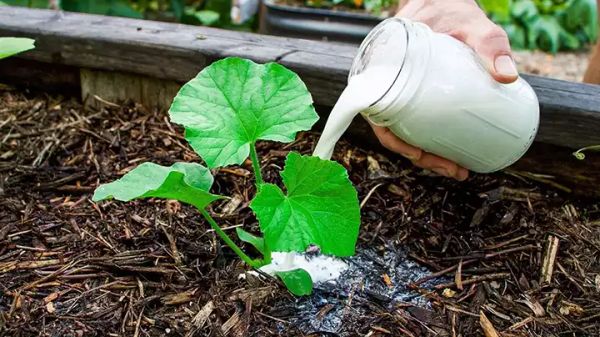
5. Liquid Seaweed Extract: A Complete Nutrient Package
Liquid seaweed extract is a bio-stimulant that offers cucumbers a wide range of essential nutrients, growth hormones, and trace elements. This organic fertilizer improves cucumber plant resilience, nutrient absorption, and overall health. Foliar spraying with liquid seaweed extract can enhance cucumber yields.
6. Epsom Salt: Magnesium for Cucumber Health
Epsom salt, or magnesium sulfate, can be a game-changer for cucumber plants. Magnesium is crucial for chlorophyll production and photosynthesis. A foliar spray of Epsom salt solution can prevent magnesium deficiency, resulting in healthier cucumber plants and more abundant fruit production.
7. Mulching for Moisture and Temperature Control
Incorporating mulch around your cucumber plants helps retain moisture, regulate soil temperature, and suppress weeds. Mulching reduces water stress on the plants and creates an ideal environment for cucumber growth.
8. Proper Watering and Sunlight
While natural fertilizers are essential, let’s not forget the basics. Cucumbers thrive with consistent watering and ample sunlight. Ensure your plants receive at least 1 inch of water per week and enjoy full sun exposure for optimum growth.
By harnessing the power of natural fertilizers like compost, worm castings, fish emulsion, liquid seaweed extract, and Epsom salt, you can double the yield of your cucumber plants. Combine these organic techniques with proper watering and sunlight, and you’ll be well on your way to enjoying an impressive cucumber harvest. With a little care and the right fertilizers, your cucumbers will flourish, providing you with a bounty of delicious, homegrown cucumbers for salads, pickles, and more. Happy gardening!

